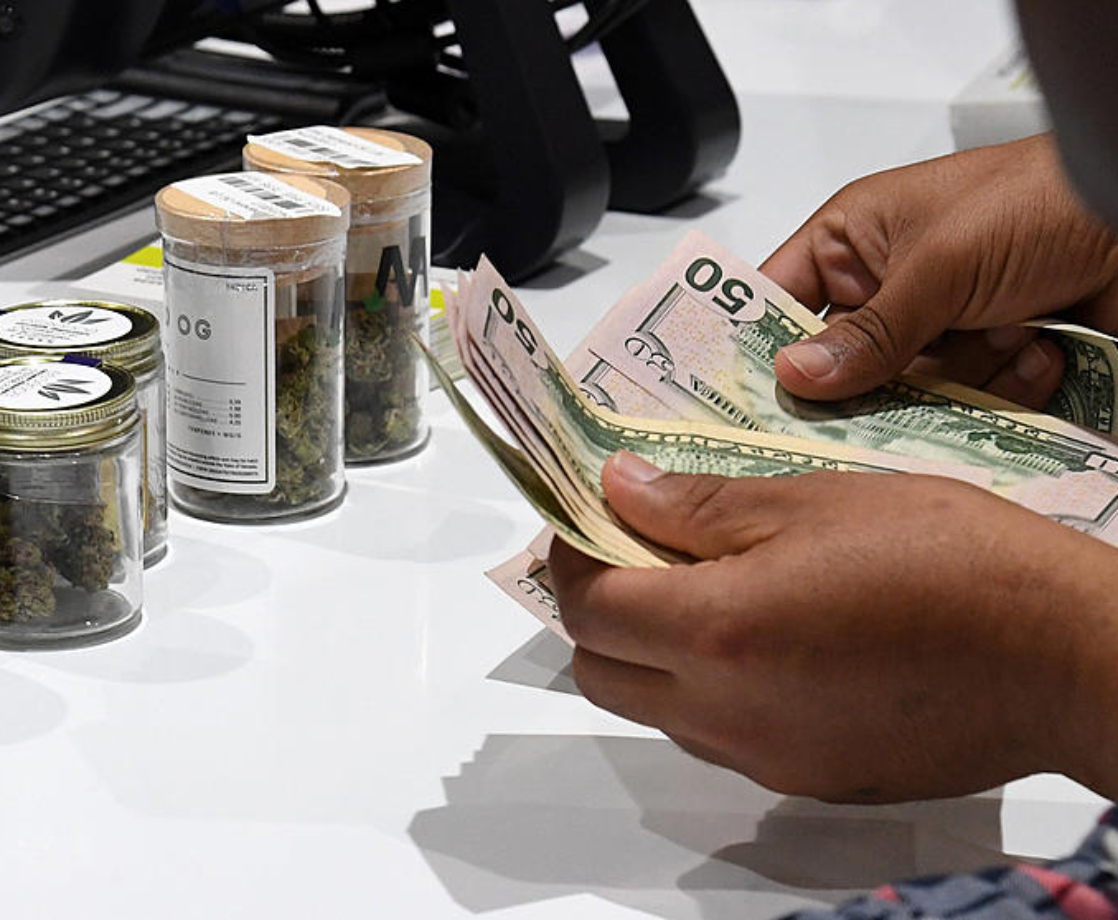Michigan’s five licensed cannabis stores sold more than $1.6 million of weed in the first eight days of legal adult-use sales, and the demand for weed is showing no signs of slowing down.
On December 1st, four legal pot shops — three in Ann Arbor and one in Morenci — opened their doors to the public. (A fifth store opened six days later.) By the end of that day, three of those stores had sold nearly a quarter-million dollars’ worth of product. Demand for legal pot remained strong as the week continued, so strong in fact that stores began turning customers away and imposing sales limits. A week later, pot shops still find themselves running out of flower on a daily basis.
To make matters worse, Michigan recalled every single cannabis vape from the market just days before sales went live, in order to test for additives that could cause vaping-related lung illness. And like many other adult-use states, Michigan allows local governments to ban local weed businesses. To date, over 1,400 of the state’s 1,771 communities have chosen to do so, making legal weed difficult to find.
Yet, despite these issues, Michigan’s new adult-use industry has still been making a killing. By Dec. 8, total sales amounted to $1,629,007. This princely sum brought the state a total of $270,414 in revenue from the 10 percent state excise tax and the standard 6 percent sales tax. When the state’s legal market reaches full maturity next year, it is predicted that total sales could approach a billion dollars, and tax revenue will top $150 million.
According to the adult-use law approved by voters in 2018, the first $20 million in excise tax revenue will be used to fund research into how medical marijuana can help treat PTSD and other disorders. After this threshold has been reached, the remaining tax revenue will be split between the state’s school and transportation funds, and payments for the handful of individual cities and counties that allow legal weed sales.
As impressive as these first-week sales are, they pale in comparison to other adult-use states. In Colorado, for example, legal weed sales topped $1 million on the first day of sales in 2014. The comparison is not entirely fair, however, as Colorado opened 24 licensed stores all throughout the state on that first day. In contrast, Michigan only opened four stores on the first day, and a fifth store six days later.
The number of legal weed businesses will soon expand, however. State regulators have already approved 24 more adult-use business licenses, and has pre-qualified another 73 applications.











